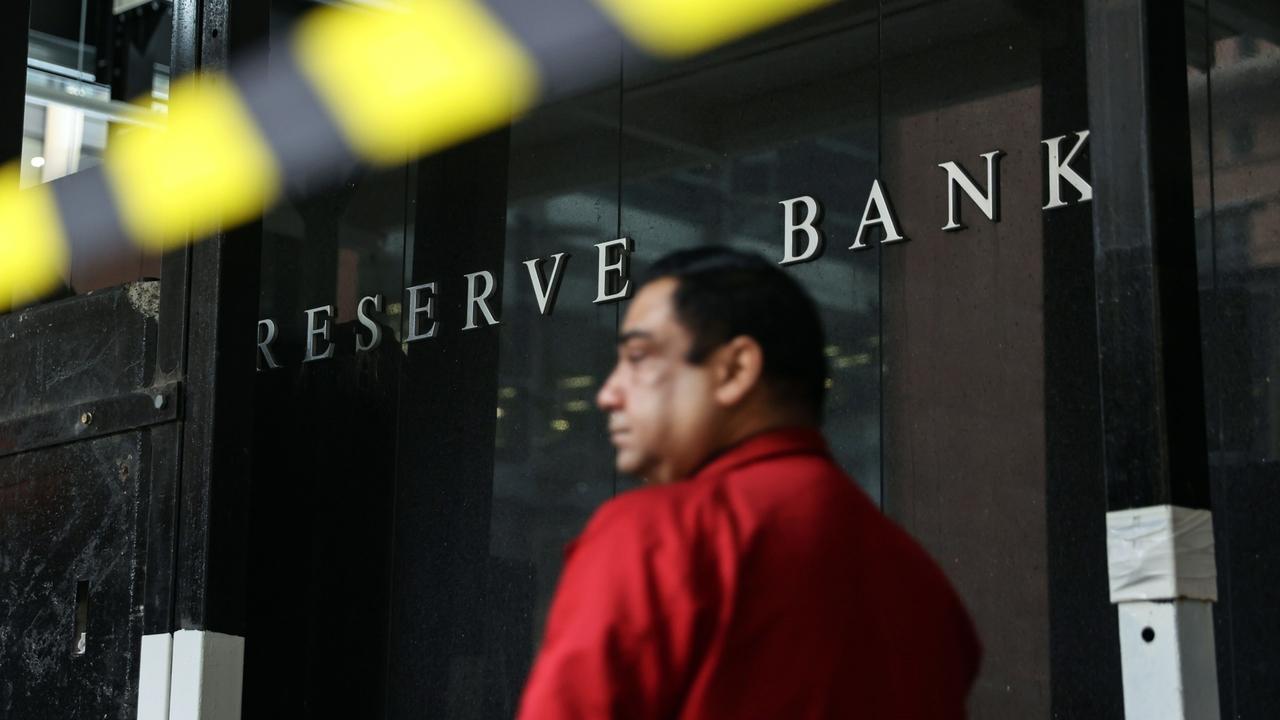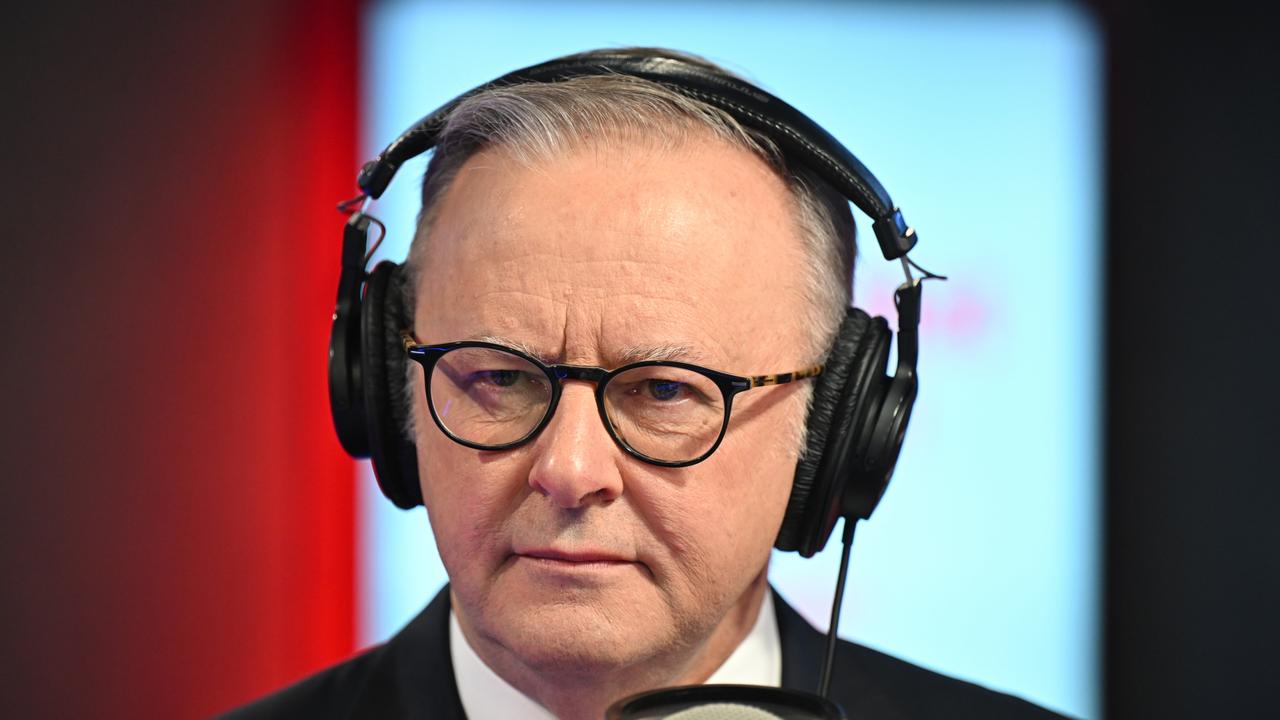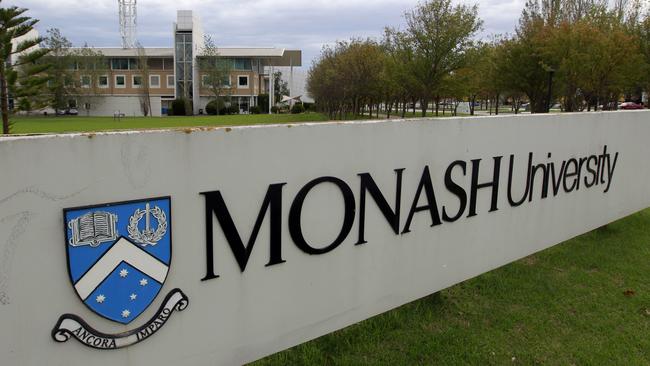
Some of the nation’s law schools are in a sorry state.
At Monash University, PhD law students are forced to study radical left perspectives, including “Marxist, feminist, critical race, queer theory and critical disability studies”, if they want to graduate. Even where these leftist theories have nothing to do with their thesis.
Perhaps those running the law school think that, just in case you dodged Political Indoctrination 101 in your bachelor degree, or escaped Advanced Political Indoctrination 201 during your honours degree, we’ll administer a concentrated dose of radical politics before you head for the exit with your PhD.
Known as Critical Legal Studies, PhD law students in recent years at Monash University have studied “the perspective of the subordinated and looked at how the law helped to maintain their subordination”.
PhD students at Monash learn about the theoretical influences of Michel Foucault, and that “simple techniques of power include the school bell and the confessional”. They were forced to immerse themselves in “gender trouble” too, and the theory of the subject “as a performative construct”, where “gender is performed as a result of discourse”. They will ruminate over “what it is to be a woman is a process or discursive practice”.
If these half sentences don’t make sense, take it up with Monash law school lecturer Janice Richardson, who presented the slides to PhD students.
Another few slides delve into the Communist Manifesto and Marx – “the bourgeoisie leaves ‘no other nexus between man and man than naked self-interest, than callous cash payment’ ”.
Another teaches them about feminist and political scientist, Carol Pateman (a Marx fan), and her ideas that apparently emphasise “subordination, (and) not having a say in decisions that affect you (with an implied term of reasonable obedience)”.
“Kneel pray and you will believe,” says a slide shown to students by Richardson.
The only people being forced to kneel and obey are PhD students at Monash law school.
We’re not making this up. This is material PhD students are forced to sit through if they want to earn their doctorate. Don’t get us wrong. If students want to study radical concepts, they should have the option. Want to be enveloped in the academic loathing of capitalist societies where they will also learn that “heterosexual identity (is) constructed in relation to their abjected homosexual ‘Other’ ” – go right ahead. I can’t make sense of it, but some people might love to be confused.
That said, if the poor grammar and cockamamie phrases don’t turn students off, the coercion surely should. Compelling PhD students to do any of this is – in the words of one university vice-chancellor – “simply bonkers”.
The Australian spoke with a PhD student at Monash law school who only discovered after they’d enrolled in their PhD that they would have to study these theories – and relate them back to their area of research. Their PhD LAWP01 program overview didn’t let on what was in store for them.
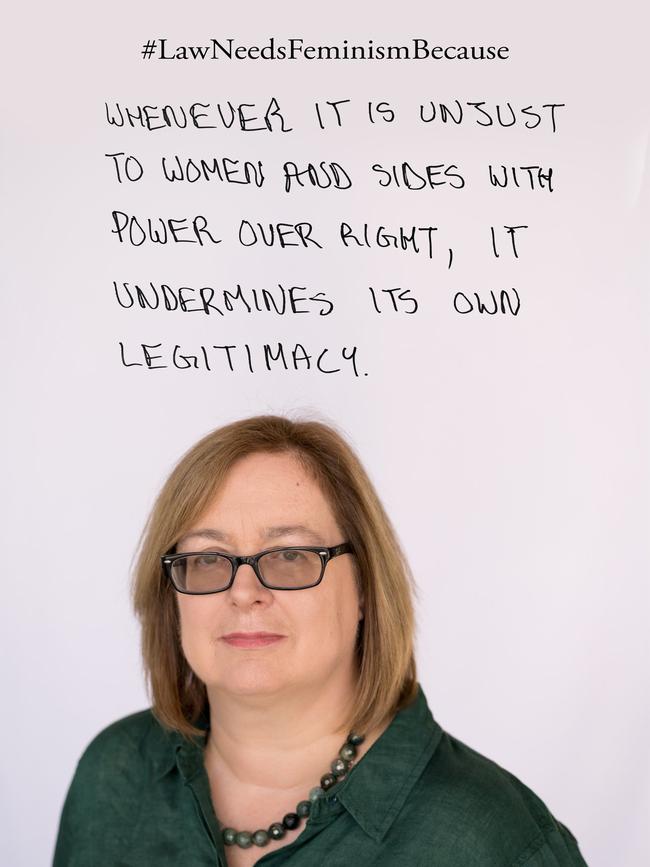
We have used a pseudonym to avoid ramifications for the PhD student, who put their doctoral studies on hold. “I was too outraged,” Jessie told The Australian.
PhD students at Monash law school must also write a “reflective” essay on how these theories relate to their thesis topic. For many like Jessie, no amount of extended reflection shed light on how to link radical leftist theory with their chosen thesis topic. It would take some weird gymnastics to tie Foucault or critical race theory to a dissertation on tax law, for example. To be honest, if you can do that, you probably deserve a high distinction.
But being forced to do this is wrong. It infantilises students and it devalues a law degree and the law school.
Jessie’s thesis topic concerned a black letter law area within corporate law. We won’t disclose the exact topic as that will give away the student’s identity. Let’s just say it’s a practical area of the law that arises every day, across every single company in this country. It has nothing to do with post-structuralism, Marxism, feminism and other ethereal goodies in the Critical Legal Studies basket.
“Yet we had to write an essay reflecting on how one or more of these critical legal studies theories was relevant to our PhD topic. And it was made quite clear to me that you were expected to include something like this in your thesis too, regardless of what the topic is,” the student said.
When the student raised this with their supervisor, they were told this is what would be expected by examiners. In other words, we’re talking about more than just a frolic by one or two academics at Monash law school. The mandated radicalism is ingrained right up to the marking level.
The trend at law schools to make the study of radical politics compulsory is monstrous. Especially if, as students well know, they push back against these ideas, they’re not going to do well.
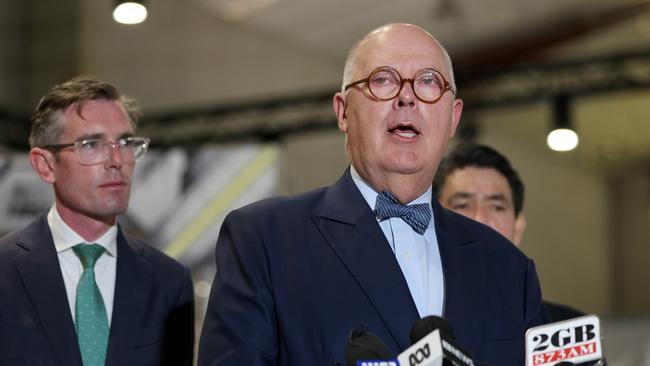
At a corporate law conference convened by the law school at Monash University, the same PhD student suggested companies exist to generate returns for shareholders. “I was basically told not to speak again. It was very evident that that view would not be tolerated. And this is meant to be an academic conference.”
Why should we care about what’s going on in the nation’s law schools? For starters, Australian taxpayers might be interested to learn that their taxes are funding a hotbed of compulsory extremism – even at PhD level – in our law schools.
Then there is the utter debasement of a legal education for students, where the political inclinations of fringe academics are literally filling up scarce curriculum time. If this sort of guff is given too much space on the law curriculum, it will necessarily be at the expense of learning complex actual law and being properly trained in legal skills.
Do we really want generations of law students entering the world less qualified than previous generations?
Down the track, many of these law students will enter the legal profession, or politics, or bureaucracies. They will hold other important jobs where they are making policies and other decisions that impact Australians. Without the sharpest minds, we will be subjected to blunt and bad decision-making.
That’s the perfect segue back to Macquarie University law school. Late on Friday, Macquarie University’s vice-chancellor ordered a review of its law school practices, where students are assessed on how they deliver a mandatory acknowledgment of country. Did they express enough respect? Imagine what foreign students must make of this. On second thoughts, Chinese students might feel right at home with a side of compelled political speech.
Vice-chancellor Bruce Dowton said the internal review will “include listening to staff and student views and benchmarking relevant practices against other major law schools in Australia”.

Ah, the old internal review strategy. Do they think we’ll get bored if it goes on for a while? We won’t. Too much is at stake. And what if enough students say they’re just fine with political speech in the classroom? What then? And why the benchmarking? It’s a lousy, anti-intellectual defence to suggest everyone else is doing it.
Serious educators should know that any kind of coerced and assessed political speech is completely unacceptable in a classroom. It’s not about an acknowledgment of country. It’s about the wickedness of compelling any form of political speech. Before waiting for his review, the VC ought to issue a simple and clear instruction to Associate Professor Dr Holly Doel-Mackaway – who runs the course – to stop this practice.
And then Dowton should grapple with the bigger problem on his plate. Not the students who are pushing back against compelled political speech. They will be fine. They have seen the light. The real concern is for many students at Macquarie who are unable to recognise the danger of a person in authority requiring them to mouth political words as part of them getting a law degree.




